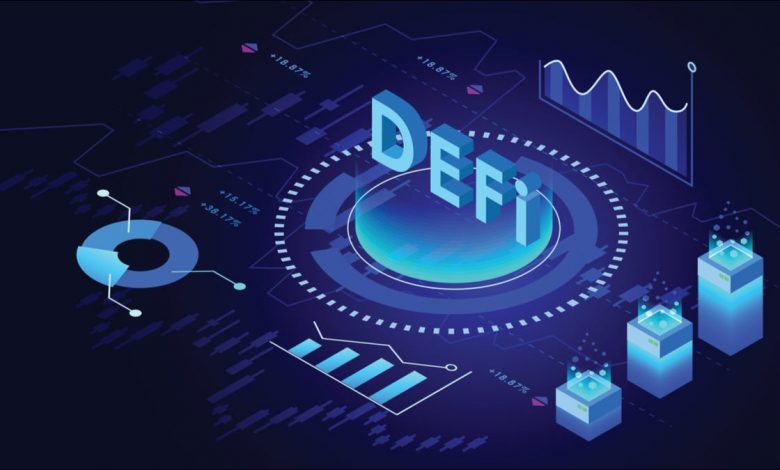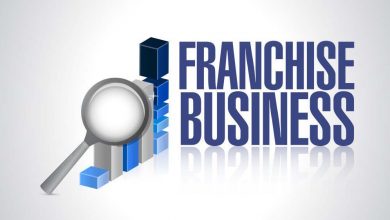Earnity: What Is Decentralized Finance (DeFi)?

Decentralized finance (DeFi) is a new financial technology based on secure distributed ledgers, similar to those used by cryptocurrencies. The system eliminates banks’ and institutions’ control over money, financial products, and financial services. In this article, Domenic Carosa and Dan Schatt from Earnity compare centralized and decentralized finance to help you understand what DeFi is.
Many consumers find DeFi appealing because of various reasons, including:
- It does away with the fees banks and other financial institutions charge for using their services.
- Instead of keeping your money in a bank, you keep it in a secure digital wallet.
- It is accessible to anyone online and does not require authorization.
- You can transfer funds in seconds or minutes.
Centralized Finance vs. Decentralized Finance
Centralized Finance
Banks and other corporations whose overarching goal is to make money hold your cash in centralized finance. So, third parties who facilitate money movement between parties abound in the financial system, each charging a fee for their services. Each entity in the chain receives compensation for its services, primarily because merchants must pay for your using credit and debit cards.
In centralized finance:
- Many financial transactions are costly
- Loan application approvals can take days
- You may be unable to use a bank’s services if you are traveling
Decentralized Finance
Decentralized finance eliminates the need for intermediaries by allowing individuals, merchants, and businesses to conduct financial transactions using emerging technology. You can accomplish these dealings through peer-to-peer financial networks that employ security protocols, connectivity, software and hardware advancements, etc. Additionally, you can lend, trade, and borrow using software that records and verifies financial transactions in distributed financial databases from anywhere you have an internet connection. A distributed database is accessible from multiple locations; it collects and aggregates data from all users and verifies it using a consensus mechanism.
While removing control from third parties, decentralized finance does not provide anonymity. Your transactions may not bear your name, but someone can trace them by the entities who have access to them. These entities could be governments, law enforcement, or other organizations whose sole purpose is to protect people’s financial interests.





